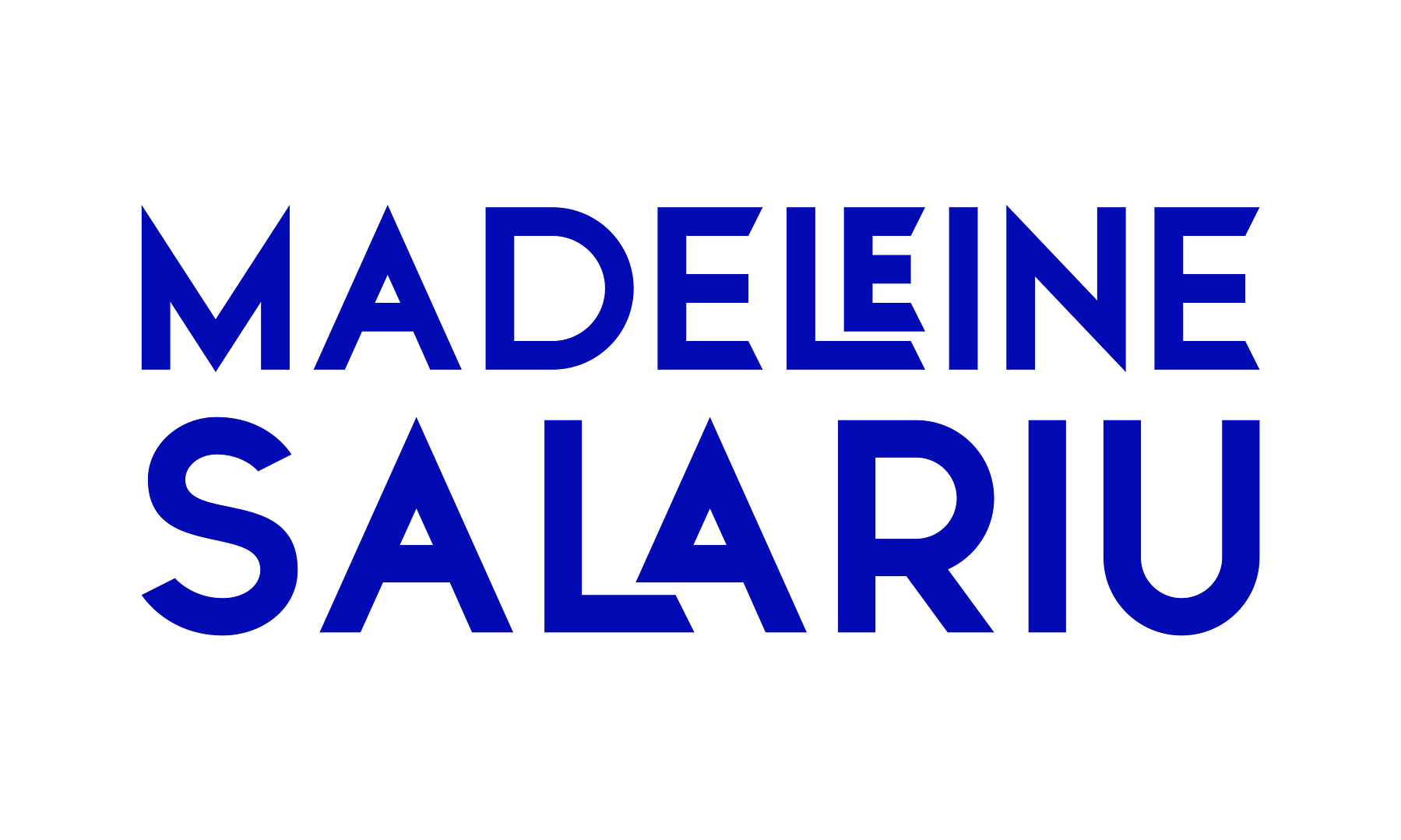You can never tell with the current situation when you might need a loan from your own company. Although you may think you have complete power over how you run your company, you have to take into account certain legislative considerations before borrowing money.
In simple terms, you have to make sure that you acknowledge the tax implications of taking a loan from your company. Here is an overview of the director’s loans, standard rules, practical uses, and tax implications:
What Exactly Constitutes a Director’s Loan Account?
HMRC defines director’s loan when you or one of your family member borrows a specific amount from your company. However, it implies that the borrowable amount does not include dividend, expense, or salary.
The reason you might need a director’s loan is to meet an unexpected expense or buy a house. Again, most of the accountants and financial experts can attest to the fact that you should only take out a director’s loan when there is an absolute necessity.
Is it Difficult to Withdraw a Director’s Loan?
Withdrawing a director’s loan is quite straightforward. In fact, your company can withdraw the amount from the bank account without the need to declare its dividend or salary payment.
Borrowable Amount: How Much Is Too Much?
As of now, your limited company does not have to worry about any attached limitations to borrow money. However, if you borrow more than £10,000, HMRC will view it as a BiK.
Besides, BIK or benefits in kind are, after all, personal benefits your company receives. And part of that benefit could include interest-free director’s loan, which means taxes.
If you do decide to take a director’s loan over £10,000, you will have to declare it to HMRC through a P11D form and added income tax. After that, 1A National Insurance at the rate of 13.8% will be applicable to your total loan amount.
Tax Implications
Yes, you can borrow a tax-free director’s loan from your company for a certain period. That said, you would have to follow specific HMRC guidelines before taking out these types of loans. First, make a note of the time you want to take out the loan without tax. Second, figure out the exact amount you need to borrow before HMRC views it as a BiK (benefit in kind).
For instance, after the issuance of the loan, you will have to repay it within nine months at the end of your company’s tax year. Now, failure to repay the borrowed amount before the deadline means you will have to face an additional Corporation Tax charge. The name of the tax charge is S455 tax, which stands at a 32.5% rate.
Don’t Forget to Keep a Record
It is better if you maintain a record of any amount you take out from your business. Generally, you should record a director’s loan account against cash withdrawals from your company.
Your director’s loan account should include extensive evidence of collective transactions of your personal and as well as the company’s finances to get through possible scrutiny.
There is a good chance HMRC will evaluate your director’s loan account via your company’s yearly tax returns to make sure you are following the current guidelines.
Wrap Up
It is true – the director’s loan account is unpredictable. However, if you, as a Limited Company, feel the need to take a director’s loan, consult with your accountant before making any decision. In fact, weigh in all the pros and cons before you finalize your decision. And when you look at the tax implications, it only makes sense to withdraw when you are in dire need.
We can help with all of your business and personal tax and financial planning needs. For a strategic review of your finances, please contact us.
Disclaimer: We don’t take any responsibility for actions taken based on above information. Please speak to our consultants if you need more information. This guide was written specifically for Smart Accounting clients. Some of the information contained in this guide might not be applicable if you do not have a business managed by Smart Accounting. By necessity, this briefing can only provide a short overview and it is essential to seek professional advice before applying the contents of this article. No responsibility can be taken for any loss arising from action taken or refrained from on the basis of this publication. Details are correct at time of writing.
